The 1960s feel like a different planet when you really think about it. We lived in a world where privacy was assumed, not protected by passwords, and where a phone call meant you were truly unreachable once you left the house. Looking back, it’s amazing how we navigated daily life with what now seems like Stone Age technology, yet somehow everything felt more connected and authentic.
1. Phone Calls Were Sacred Events That Interrupted Everything
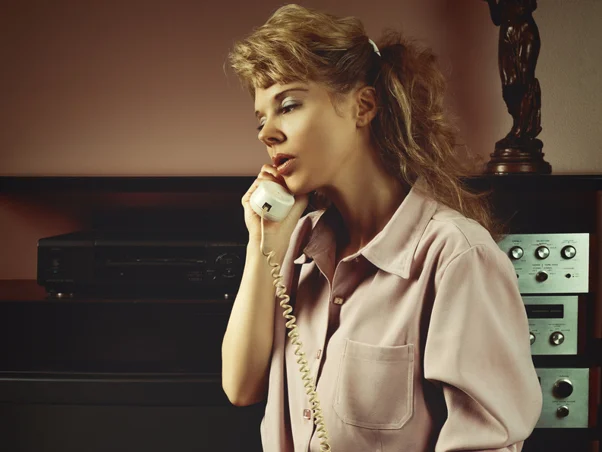
When the phone rang in the ’60s, everyone stopped what they were doing because it might be important—and you had no way of knowing until you answered. Families would literally pause dinner conversations and rush to pick up that heavy black rotary phone mounted on the kitchen wall. There was no caller ID, no voicemail, and certainly no way to screen calls, so every ring carried the weight of potential urgency or excitement.
The ritual of making a long-distance call was like planning a small expedition. You’d gather your thoughts, maybe even write notes, because those calls cost serious money and you didn’t want to waste a single minute. And if you were calling someone who lived in a different time zone, you’d better have done your math right, because waking up Aunt Martha at 3 AM was a family scandal that would be talked about for months.
2. Television Was a Shared Family Experience With Three Whole Channels
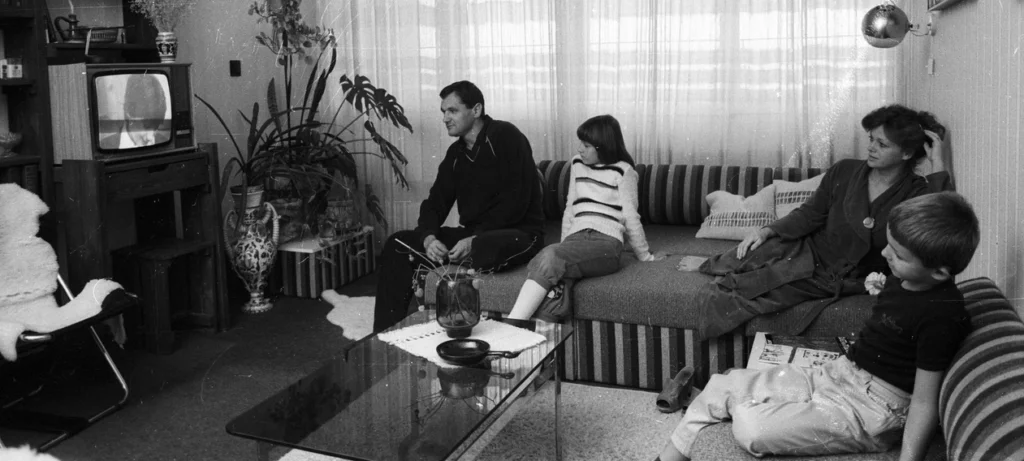
Saturday nights meant the whole family gathered around one television set, arguing over which of the three networks to watch. There was no remote control, so changing channels meant getting up and walking to the TV to turn that chunky dial with a satisfying click. If you were the youngest, you were automatically the designated channel changer, and you’d better not complain about it.
The concept of watching whatever you wanted, whenever you wanted, was pure science fiction. Everyone watched the same shows at the same time, which meant Monday morning conversations at work or school always started with “Did you see what happened on Bonanza last night?” Missing your favorite show meant missing it completely—there were no reruns until summer, and certainly no way to record anything for later.
3. Maps Were Actual Paper That You Had to Fold (and Somehow Never Got Right)
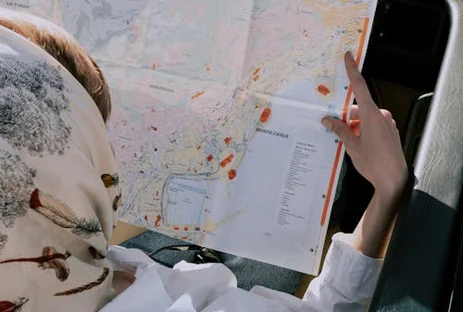
Planning a road trip meant spreading an enormous paper map across the kitchen table and tracing your route with a highlighter. Gas stations gave away free maps, and every glove compartment was stuffed with a collection of folded and refolded road atlases that never seemed to fold back the way they came. Getting lost meant pulling over to ask directions at a gas station, and the attendant would draw on your map with a pen.
The idea of a tiny device in your pocket that could tell you exactly where you were and how to get anywhere else would have sounded like pure magic. We memorized routes, wrote down directions on scraps of paper, and developed an almost supernatural sense of direction out of pure necessity. And somehow, despite all the wrong turns and backtracking, we always managed to find our way—eventually.
4. Shopping Meant Driving to Stores That Closed at 6 PM
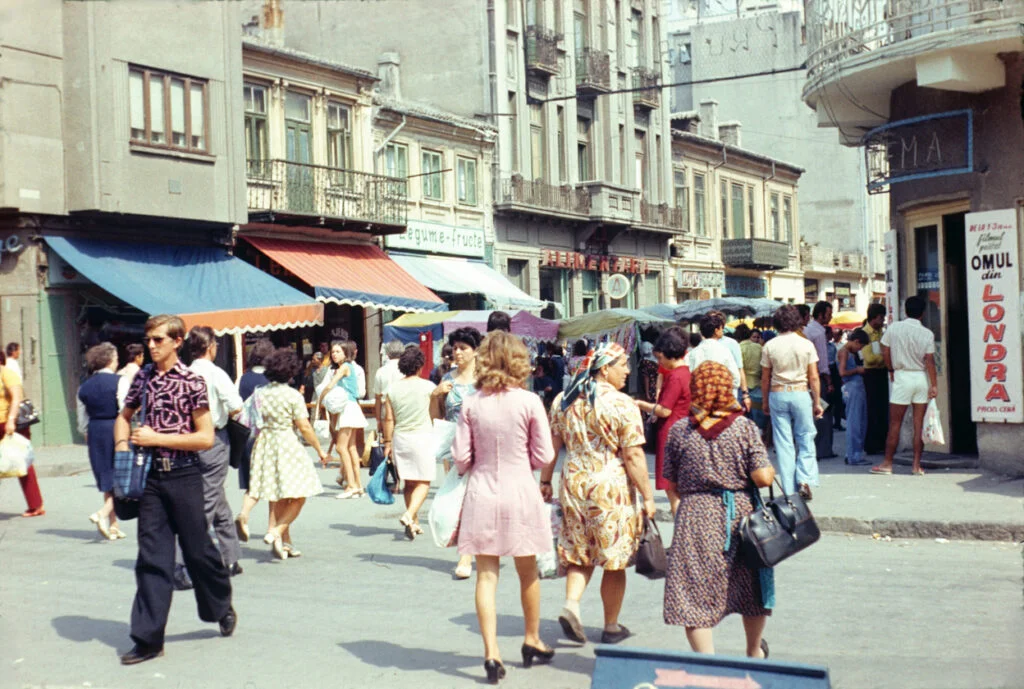
Sunday shopping was impossible because everything was closed, and most stores shut their doors by 6 PM on weekdays. If you needed something after hours, you were out of luck until morning, which meant you had to actually plan ahead for your purchases. The corner drug store might stay open until 8 PM, but that was considered practically revolutionary.
Department stores were grand destinations where you’d spend entire afternoons browsing, and the salespeople actually knew about the products they were selling. There were no price scanners, no self-checkout lanes, and certainly no buying anything from your living room. Shopping was a social activity that required getting dressed up, driving somewhere, and interacting with real human beings who could help you find exactly what you needed.
5. Banks Were Only Open When You Were at Work
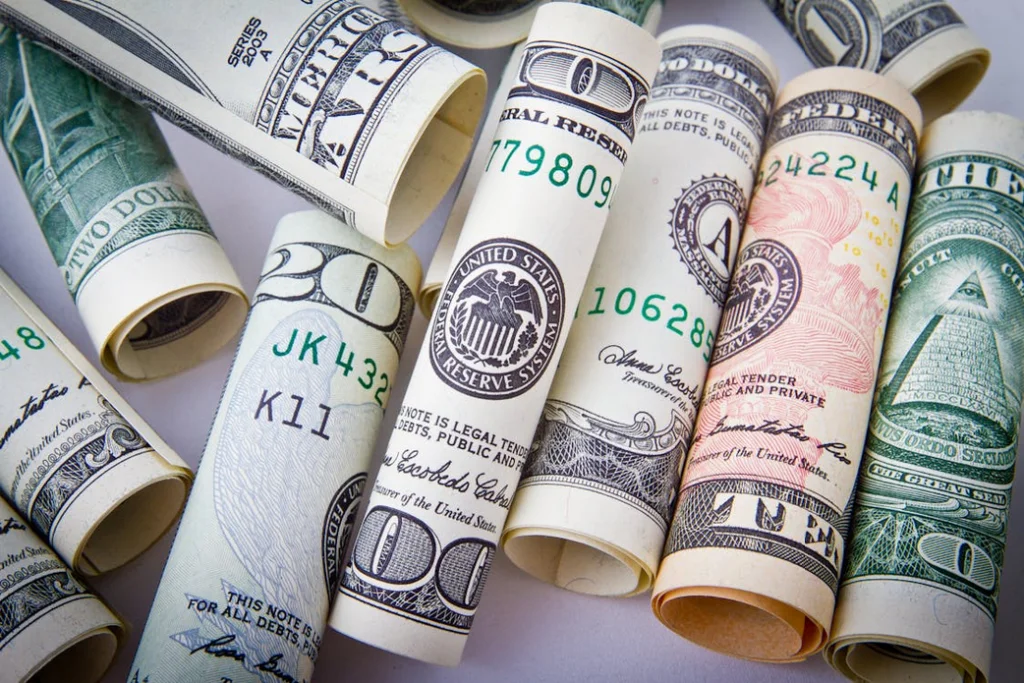
Banking hours were a cruel joke designed to make simple transactions feel like major life events. Most banks closed at 3 PM on weekdays and weren’t open at all on weekends, which meant you had to take time off work just to deposit a paycheck or withdraw money. The Friday afternoon rush to the bank before it closed was a weekly ritual that everyone understood and dreaded.
ATMs didn’t exist, so running out of cash on the weekend meant you were stuck until Monday morning. You’d carefully ration your dollars, knowing that once your wallet was empty, there was no magical machine that would dispense more money. This forced a level of financial planning that seems almost quaint now, when we can access our money 24/7 from virtually anywhere on the planet.
6. Smoking Was Everywhere and No One Thought Twice About It

Airplanes had smoking sections, restaurants had ashtrays on every table, and your doctor might literally light up a cigarette while giving you a physical exam. Office buildings were filled with a permanent haze, and the idea that smoking might be harmful was just starting to emerge in medical circles. Pregnant women smoked, teachers smoked in faculty lounges, and cigarette commercials dominated television advertising.
The ritual of offering someone a cigarette was as common as offering them a cup of coffee, and declining was sometimes seen as odd or rude. Ashtrays were decorative accessories in every home, and the sound of a Zippo lighter was as familiar as a doorbell. It’s almost impossible to imagine now, but smoking was so normalized that non-smokers were the ones who felt like they needed to apologize for their preference for clean air.
7. Credit Cards Were Rare and Cash Was King
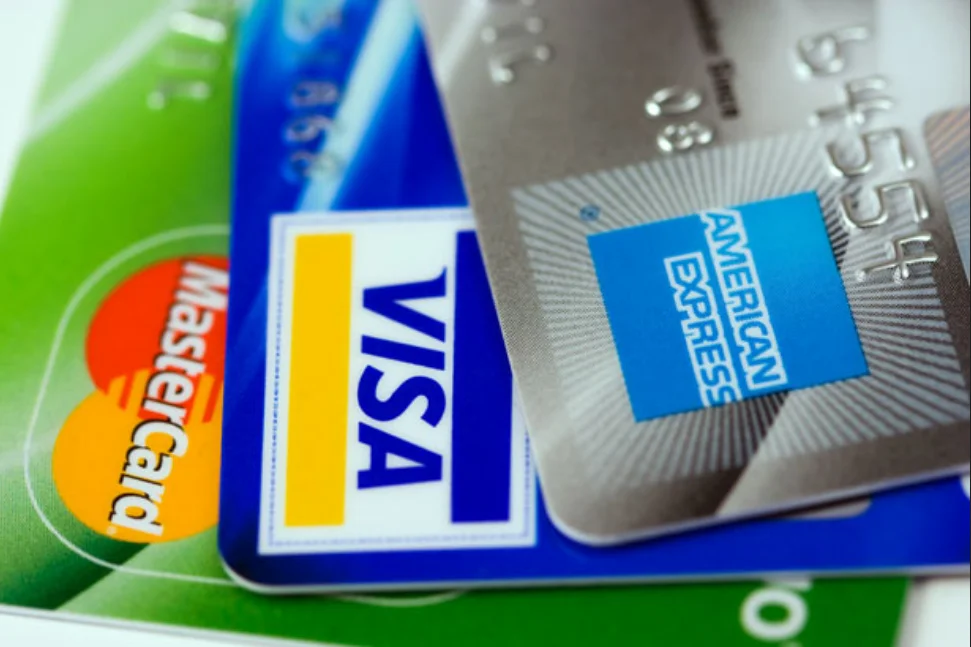
Most people paid for everything with cash or check, and credit cards were mysterious things that only wealthy people or frequent business travelers possessed. The idea of buying groceries or gas with a plastic card was nearly unthinkable, and many stores didn’t even accept them. When someone did use a credit card, it was a big production involving carbon paper, manual imprinting machines, and phone calls to verify the purchase.
Carrying cash meant you always knew exactly how much money you had, which kept spending in check naturally. There was no swiping mindlessly through purchases or forgetting how much you’d spent that day. Running out of money meant you were done shopping, period, and there was something honest and straightforward about that system that taught real financial discipline.
8. Air Travel Was Formal and Expensive
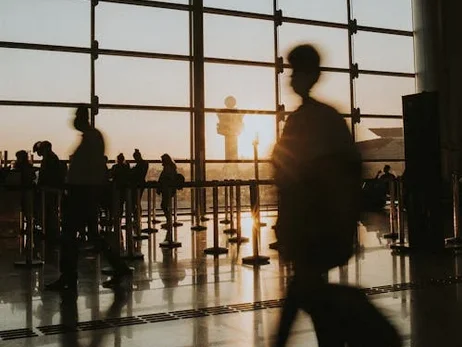
Flying was such a special occasion that people dressed up in their finest clothes, as if they were going to church or a fancy dinner party. Stewardesses wore white gloves and served real meals on actual plates, and passengers were expected to behave with the same formality they’d show at an upscale restaurant. Children were given special wing pins and treated like honored guests rather than potential disruptions.
The idea of showing up at the airport in flip-flops and sweatpants would have been scandalous, and there was no such thing as a “casual” flight. Air travel was expensive enough that most families saved up for months or even years for a vacation that involved flying. The whole experience felt magical and sophisticated, from the moment you walked into the terminal until you collected your luggage from an actual baggage claim attendant.
9. Privacy Was Automatic, Not Something You Had to Protect
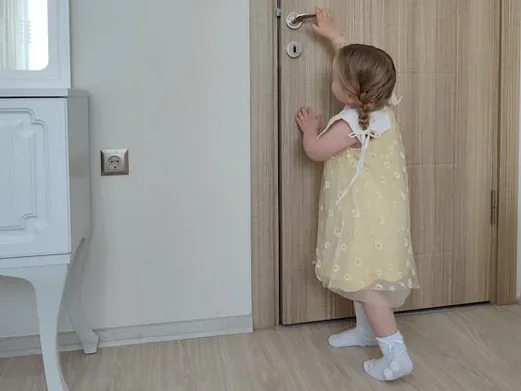
Your personal business stayed personal without any effort on your part, because there was no way for it to become public unless you chose to share it. There were no cameras everywhere, no digital footprints, and no way for strangers to know what you bought, where you went, or who you talked to. Privacy wasn’t a setting you had to configure—it was just the natural state of existence.
The idea that someday companies would know more about your habits and preferences than your own family would have sounded like paranoid fantasy. We lived our lives without thinking about who might be watching or recording, and that sense of freedom to be anonymous in public feels almost luxurious now. Your mistakes, embarrassing moments, and private conversations stayed private, which gave everyone permission to be more authentically human.
10. Entertainment Required Planning and Patience
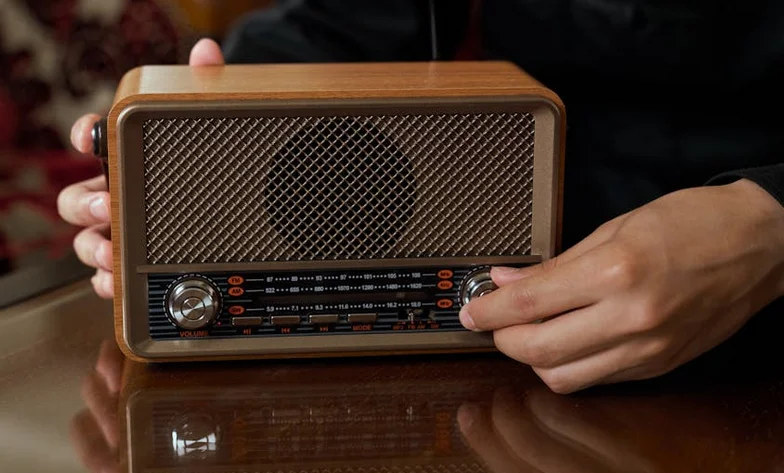
If you wanted to see a movie, you had to check the newspaper for showtimes, arrive early to get good seats, and hope it wasn’t sold out. There was no buying tickets online, no reserved seating, and certainly no pause button if you needed to step away. Missing the beginning meant you’d have to wait for the next showing or try to piece together what you’d missed from context clues.
Music meant buying entire albums based on one song you’d heard on the radio, and sometimes you’d discover that the hit single was the only good track on the whole record. There was no sampling songs before purchase, no skipping to the next track if you didn’t like something, and definitely no creating custom playlists. You lived with your music choices and learned to appreciate album cuts that grew on you over time.
11. News Came Twice a Day Whether You Wanted It or Not

The morning newspaper and the evening news broadcast were your only sources of current events, and both were delivered on a schedule that had nothing to do with when things actually happened. Breaking news meant a special bulletin that interrupted regular programming, and it had to be pretty earth-shaking to earn that kind of attention. Most of the time, you learned about world events hours or even days after they occurred.
There was something peaceful about not knowing every detail of every crisis the moment it happened, and people seemed less anxious about things they couldn’t control anyway. The news cycle moved at a human pace, giving everyone time to process and discuss events before the next wave of information arrived. Staying informed required making a conscious choice to read the paper or watch the news, rather than having information thrust at you constantly whether you wanted it or not.
12. Childhood Had No Supervision and Infinite Freedom
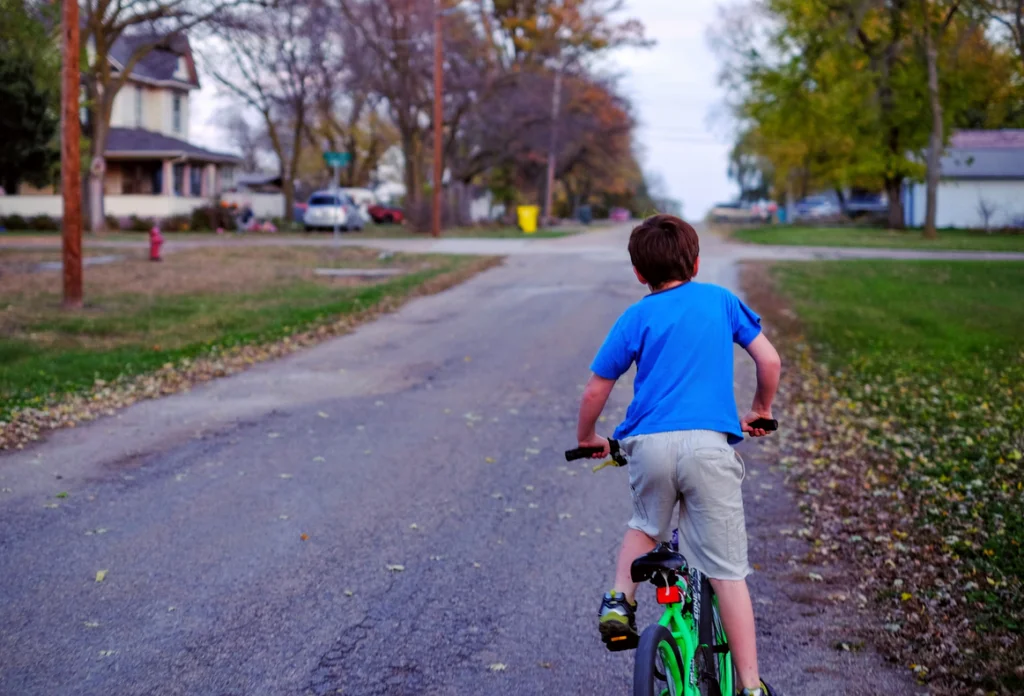
Kids left the house after breakfast and weren’t expected back until dinner, with no way for parents to contact them or track their whereabouts. The neighborhood was your playground, and as long as you showed up when the streetlights came on, everyone assumed you were fine. There were no scheduled activities, no playdates, and certainly no GPS trackers disguised as watches.
Children developed real independence and problem-solving skills because they had to navigate the world without constant adult intervention. You learned to settle disputes with friends, find your way home from unfamiliar places, and judge risks for yourself. The idea that parents would need to know where their children were every single minute would have seemed suffocating and unnecessary, because the world felt safer and communities were more connected.
Those twelve snapshots of 1960s life reveal just how dramatically our world has changed in ways both wonderful and wistful. We’ve gained incredible convenience, safety, and access to information, but we’ve also lost some of the simplicity and human connection that made everyday life feel more manageable and authentic. Perhaps the real magic of remembering these times isn’t about wanting to go back, but about appreciating how far we’ve come while holding onto the best parts of what we’ve left behind.
This story 12 Things About Everyday Life in the ’60s That Feel Completely Unreal Now was first published on Takes Me Back.


